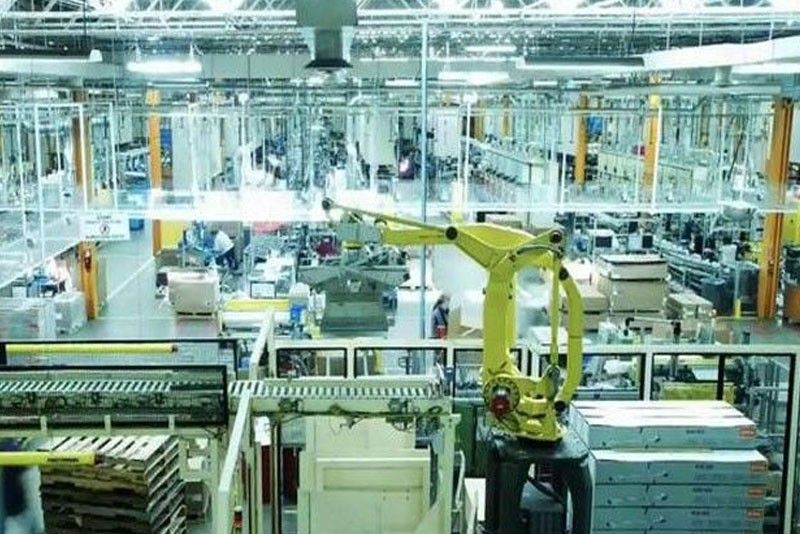Factory output drops 8.1% in November

MANILA, Philippines — Factory output declined by 8.1 percent in November as tobacco makers remained cautious due to the additional excise tax implemented beginning this month in accordance with the tax reform law, the National Economic and Development Authority (NEDA) said yesterday.
Manufacturing output as measured by the Volume of Production Index (VoPI) dwindled by 8.1 percent during the month from a 15.1 percent growth in November 2016. This was attributed to lesser production of chemicals, tobacco products, textiles, as well as footwear and wearing apparel.
The Value of Production Index (VaPI) likewise dropped 9.3 percent in November from a 9.6 percent expansion in the same month last year.
“The decrease in production volume can be partly attributed to the lower production of tobacco following the implementation of the first package of the Tax Reform for Acceleration and Inclusion (TRAIN), which imposes additional excise tax on tobacco products beginning this January,” said Socioeconomic Planning Secretary and NEDA chief Ernesto Pernia.
Other products that saw slower production in November were milk and dairy products, milled and refined sugar, bakery products, and processed fruits and vegetables.
NEDA said manufacturing output is expected to recover this year due to the higher take-home pay of workers following the implementation of the tax reform law and the government’s aggressive infrastructure development program.
“Despite the recent performance of the manufacturing sector, we remain optimistic given strong domestic and external demand. There are also considerable public and private investments in the country,” said Pernia.
To support the growth of the manufacturing sector, Pernia said barriers to costs and efficiency must be addressed.
“To support the growth of the sector, we must continue to address long-standing issues of high power and shipping costs, dependence on imported raw materials and intermediate goods, incidence of illicit trade, and the lack of adequate support infrastructure,” he said.
The sector, he said, stands to receive more investments because of the country’s “good quality” credit rating as this reflects the country’s strong and consistent macroeconomic performance and high investor confidence. The credit rating upgrade may also introduce lower cost of financing projects.
Initiatives to spur and foster industry innovation, said Pernia, must be prioritized to usher the sector towards sustainable production practices and to ensure domestic firms remain competitive to take advantage of deepening regional integration.
- Latest
- Trending


























